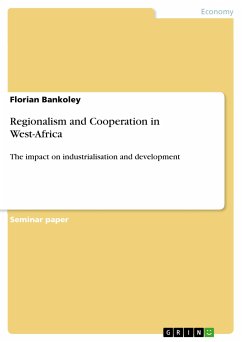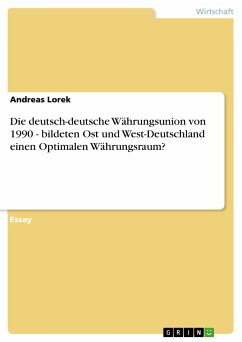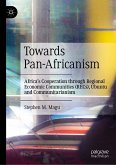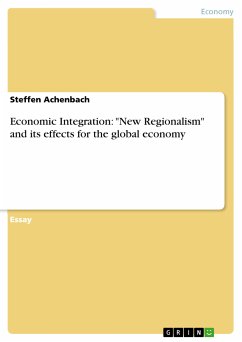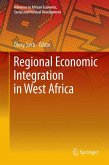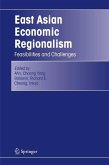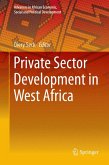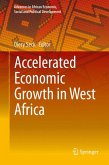Seminar paper from the year 2003 in the subject Business economics - Economic Policy, grade: A, ESCP Europe, language: English, abstract: Development in Africa has been an issue for many years now. Since the independence of most of the states in the 1960’s, the western countries have tried to help the so- called third world countries to develop their economies and thus to lift their population out of poverty. The efforts were conducted through direct intervention or through the non-governmental organisation like the IMF or the UN. Despite decades of commitment and billion dollar efforts, most of Africa remains in a poor status with nearly half of its population living on less than one dollar per day. Since its independence regional frameworks have existed but only obtained little attention from international as well as from national side. But with the failure of most programmes and the ever growing stronger trend to regional trade agreements throughout the whole world, the frameworks in Africa have moved in the centre of attention. International organisations promote the further integration of these; national governments put the frameworks on the top of their agendas. The aim of this project is to show the possible influence of regional cooperation frameworks in the development process of the countries in the West-African region. The analysis was focused on two existent regional frameworks, the Economic Community of West African States (ECOWAS) and the West African Economic and Monetary Union (WAEMU). During the analysis, the nature of the ECOWAS and the WAEMU is to be identified as well as possible differences in their approach of the regional development. The question that will be asked are how the influence of the unions exactly looks like, which effects this has on the members, how the unions evolved over the time and how they plan to develop in the future.
